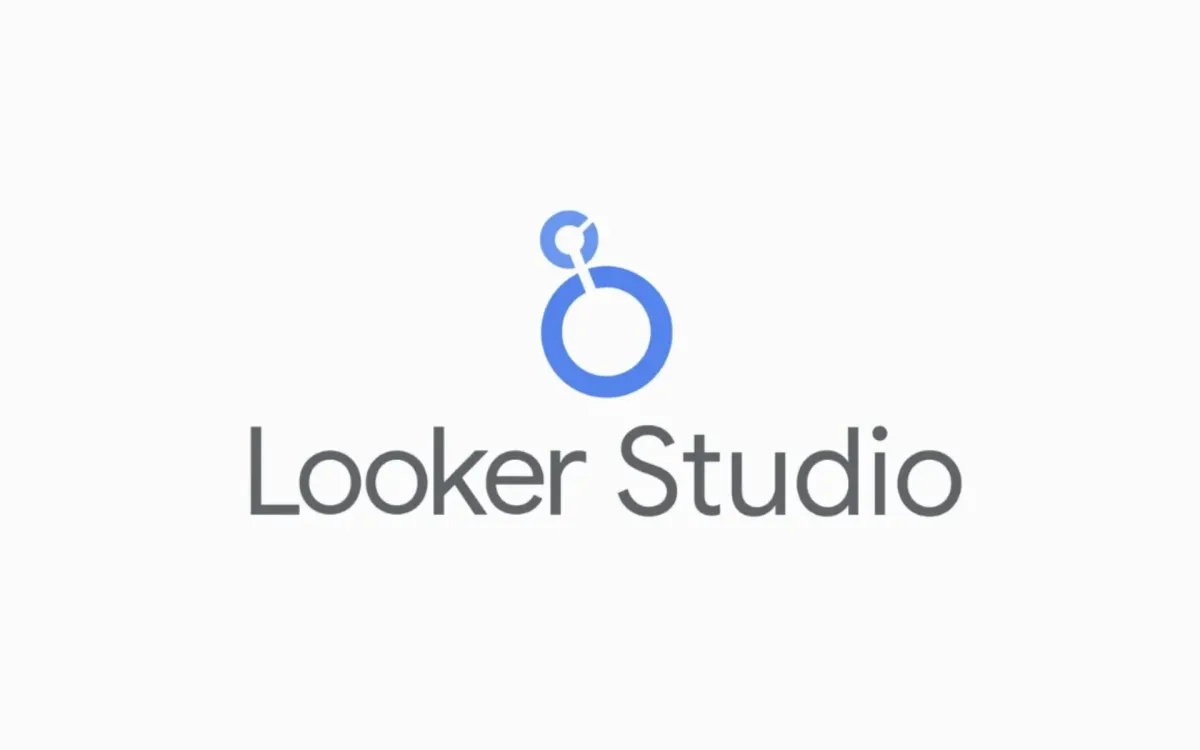
On December 12, 2024, Google announced several significant updates to Looker Studio, marking substantial changes to its data visualization platform. The latest release introduces new filter condition options for date and time dimensions, alongside major enhancements to the Looker connector functionality.
According to the release notes, report editors can now specify values and time units for multiple filter conditions, including "Is in the Last," "Is Before," and "Is On or After." This enhancement provides greater flexibility in temporal data analysis, allowing for more precise date-based filtering across reports.
The Looker connector received substantial improvements, with support for the "Matches (advanced)" filter option specifically designed for date and time dimensions. This technical advancement enables more sophisticated data querying capabilities for organizations utilizing the Looker integration.
In a significant nomenclature update, several fields in the New Search Ads 360 connector underwent renaming to resolve naming conflicts. The field previously labeled as "Conv. value" is now "Client account conv. value," while "Conv. value / click" has been changed to "Client account conv. value / click." These changes aim to eliminate confusion and improve data clarity for marketing analysts.
The platform's partnership ecosystem continues to expand, with the addition of 26 new partner connectors to the Looker Studio Connector Gallery. Notable integrations include Heureka.cz náklady by METRIXANA, BigQuery by Windsor.ai, and LinkedIn Page Analytics by Doodlytics. These partnerships enhance Looker Studio's capabilities across e-commerce, social media analytics, and digital marketing domains.
The release introduces an autogenerated titles feature for charts, implementing smart defaults based on chart types and utilized fields. This automation streamlines the report creation process while maintaining customization options through manual title entry.
For Search Ads 360 users, the platform now offers expanded data access with new fields including "Conversions (by conv. time)," "All conv. rate," and "Cost / client account conv." These additions provide deeper insights into advertising performance and conversion metrics.
A notable enterprise-focused enhancement allows report editors to grant viewers access to all applied filters, including those that cannot be edited. This feature promotes transparency in data analysis while maintaining appropriate access controls.
The platform's filter functionality has been further refined with the introduction of filter value suggestions. When defining filters with Equal to (=) or In conditions, report editors can now select from data-sourced value suggestions across all connector types. This feature can be disabled during filter creation if needed.
Looking at the broader context of these updates, they represent a strategic focus on enterprise-level data analysis capabilities while maintaining accessibility for users across different technical expertise levels. The changes appear designed to address specific user feedback and market demands for more sophisticated data visualization tools.
The timing of these updates, just three days before this reporting date, suggests Google's commitment to maintaining regular platform improvements. These enhancements build upon previous updates throughout 2024, including the introduction of text wrapping features for pivot tables and expanded integration with various third-party data sources.
As organizations increasingly rely on data visualization for decision-making, these updates position Looker Studio as a more comprehensive solution for business intelligence needs. The platform continues to evolve beyond basic reporting capabilities toward more sophisticated enterprise-grade analytics functionality.
For organizations considering implementation of these new features, the release notes indicate immediate availability across all supported regions. Users are encouraged to review the technical documentation for specific implementation details and compatibility requirements.

